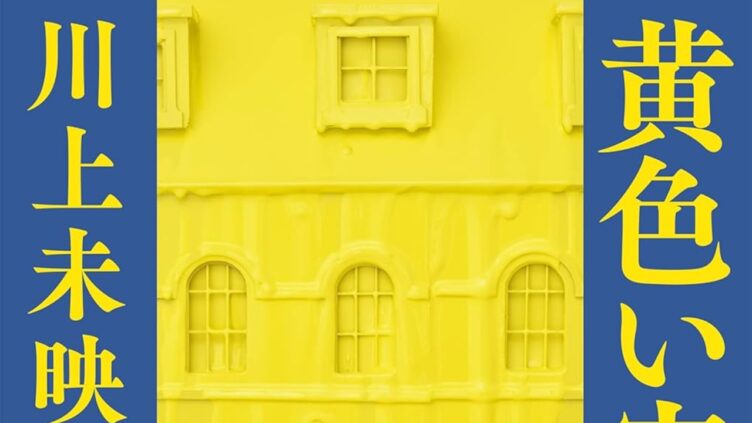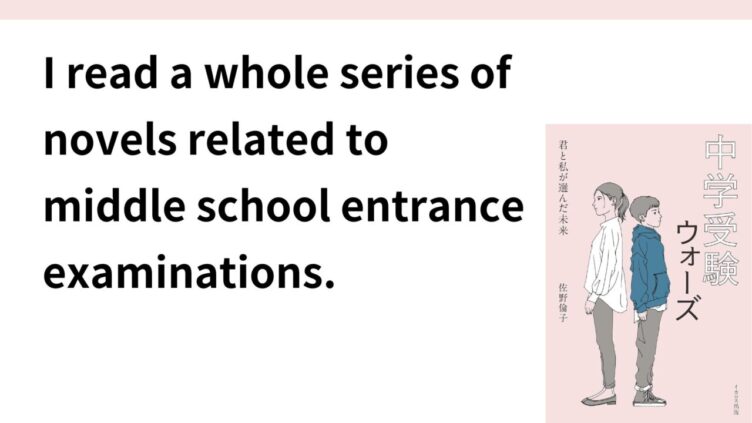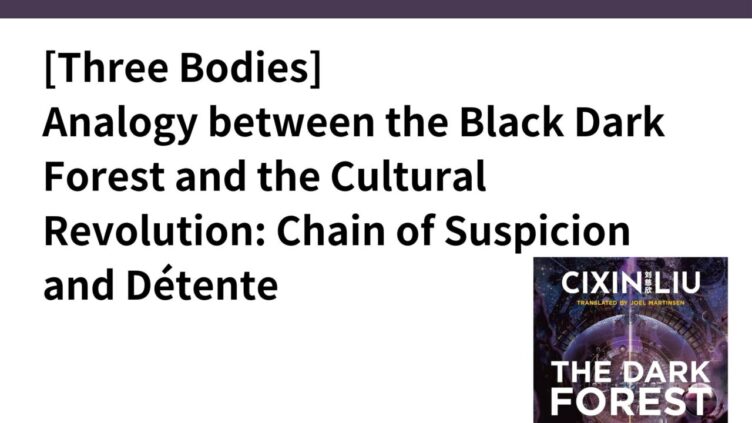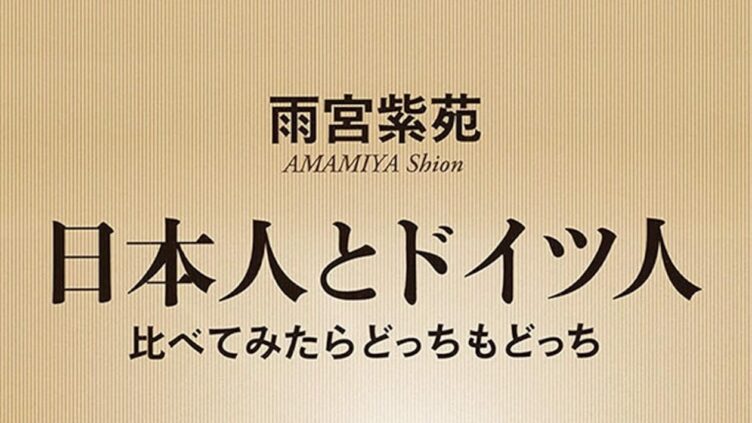
Project Hail Mary: An epic space story of scientific power and friendship
**"Project Hail Mary"** begins with the Earth facing an unprecedented crisis of solar dimming, a phenomenon that threatens to plunge the planet into a devastating ice age and potentially lead to the extinction of humanity. To uncover the cause and find a solution, scientists initiate the ambitious "Hail Mary Project." As part of this mission, Ryland Grace, a schoolteacher and scientist, is sent on a journey to an unknown star system, tasked with humanity's last hope.








